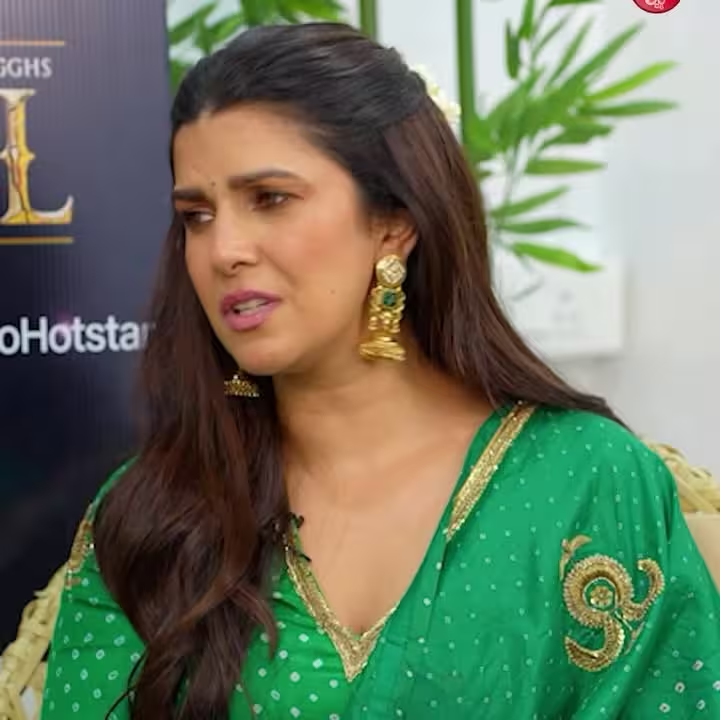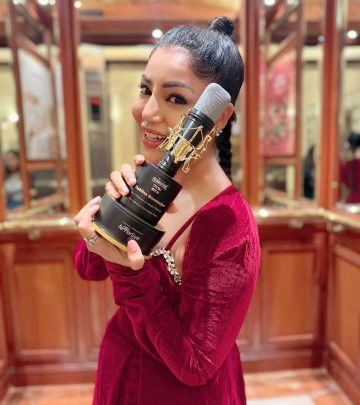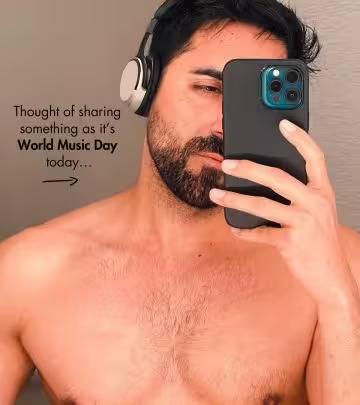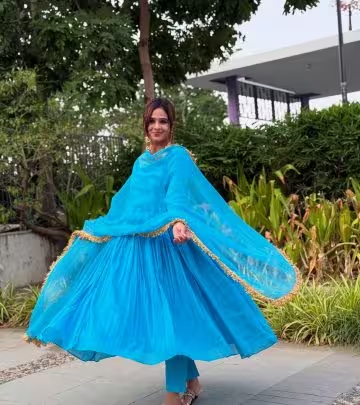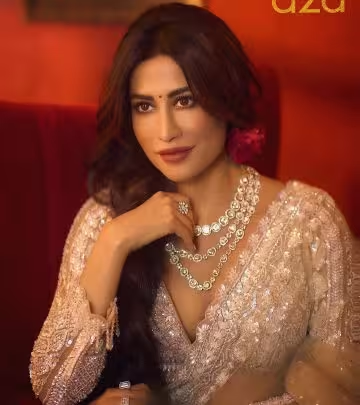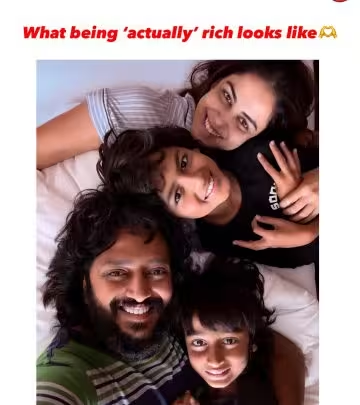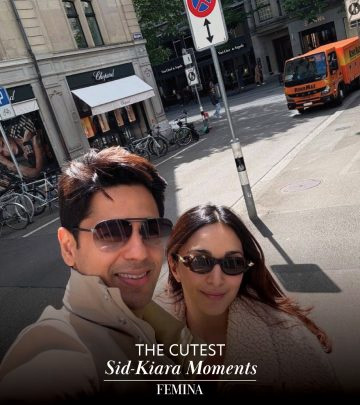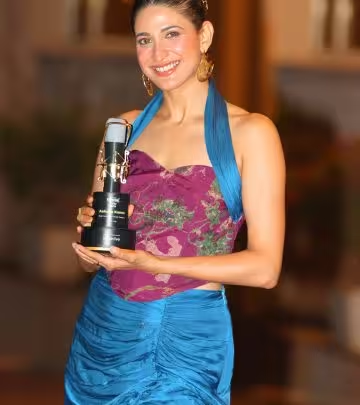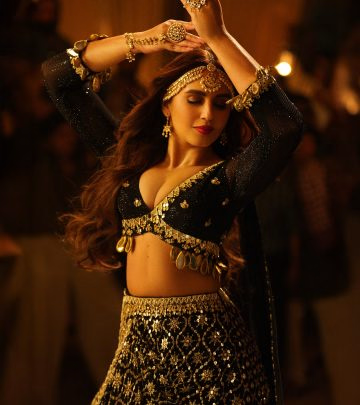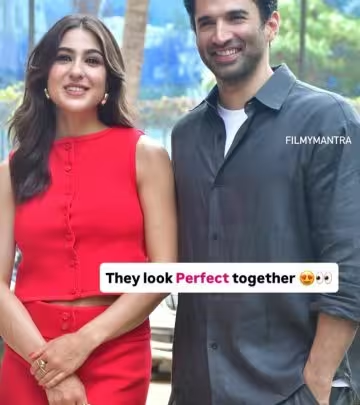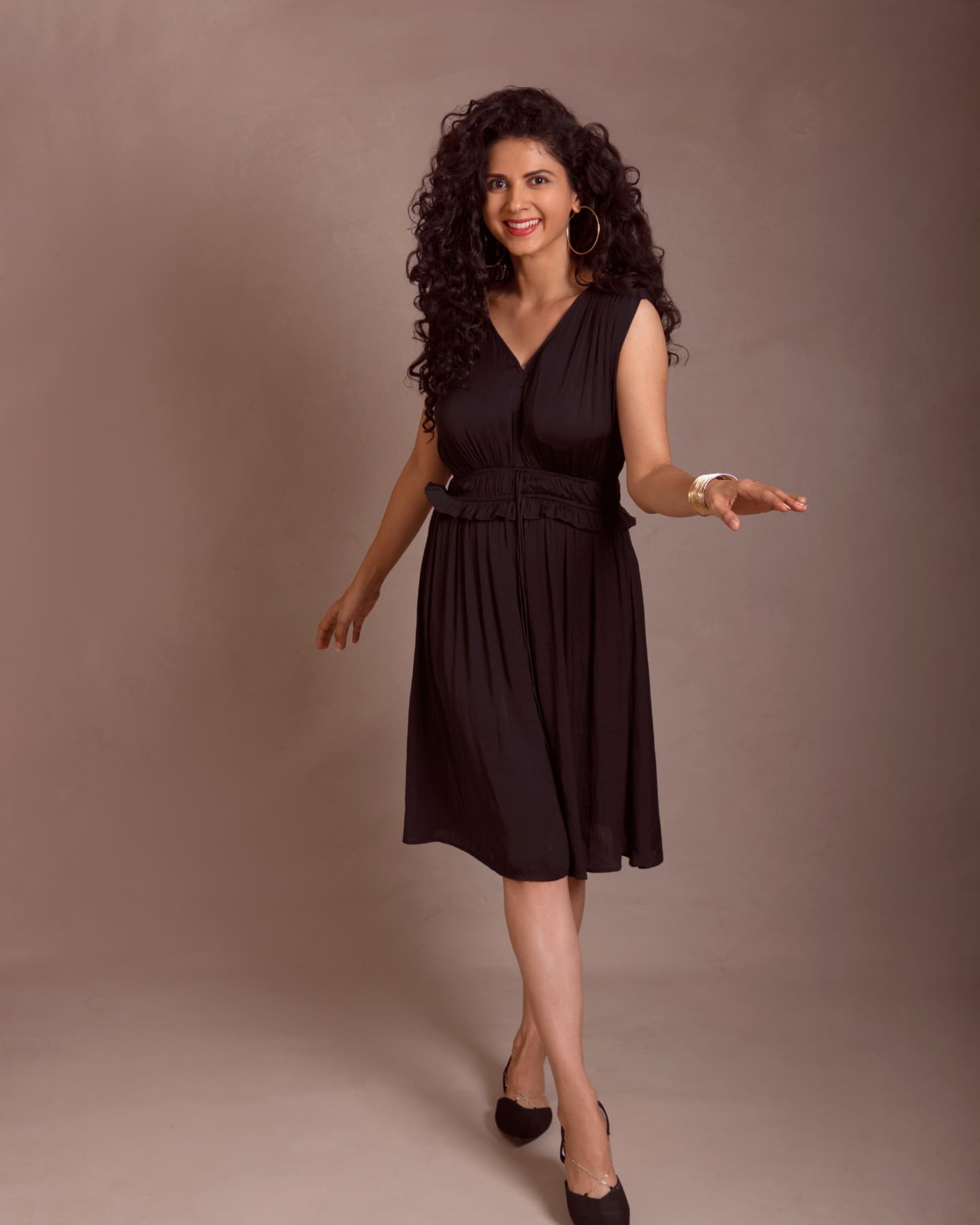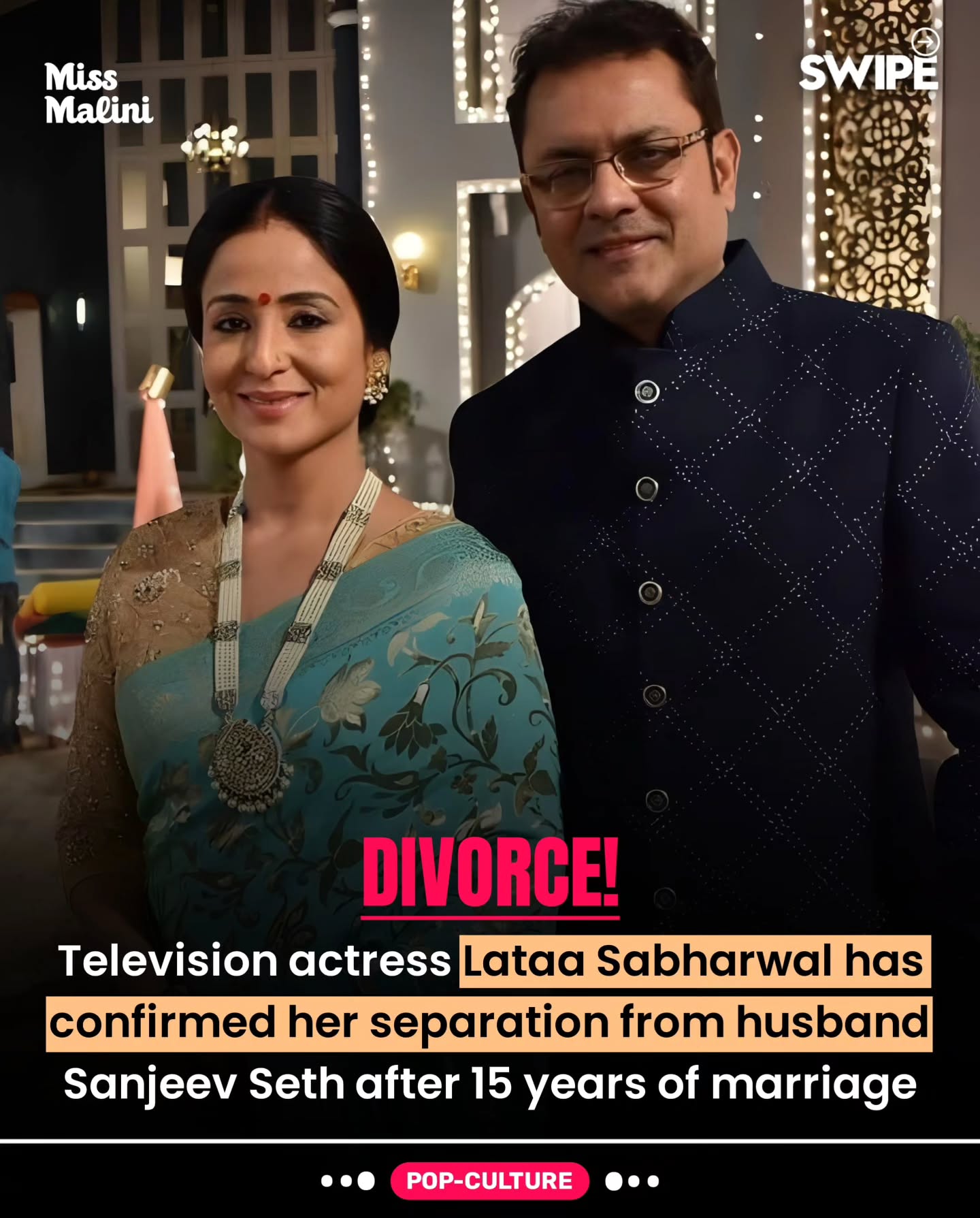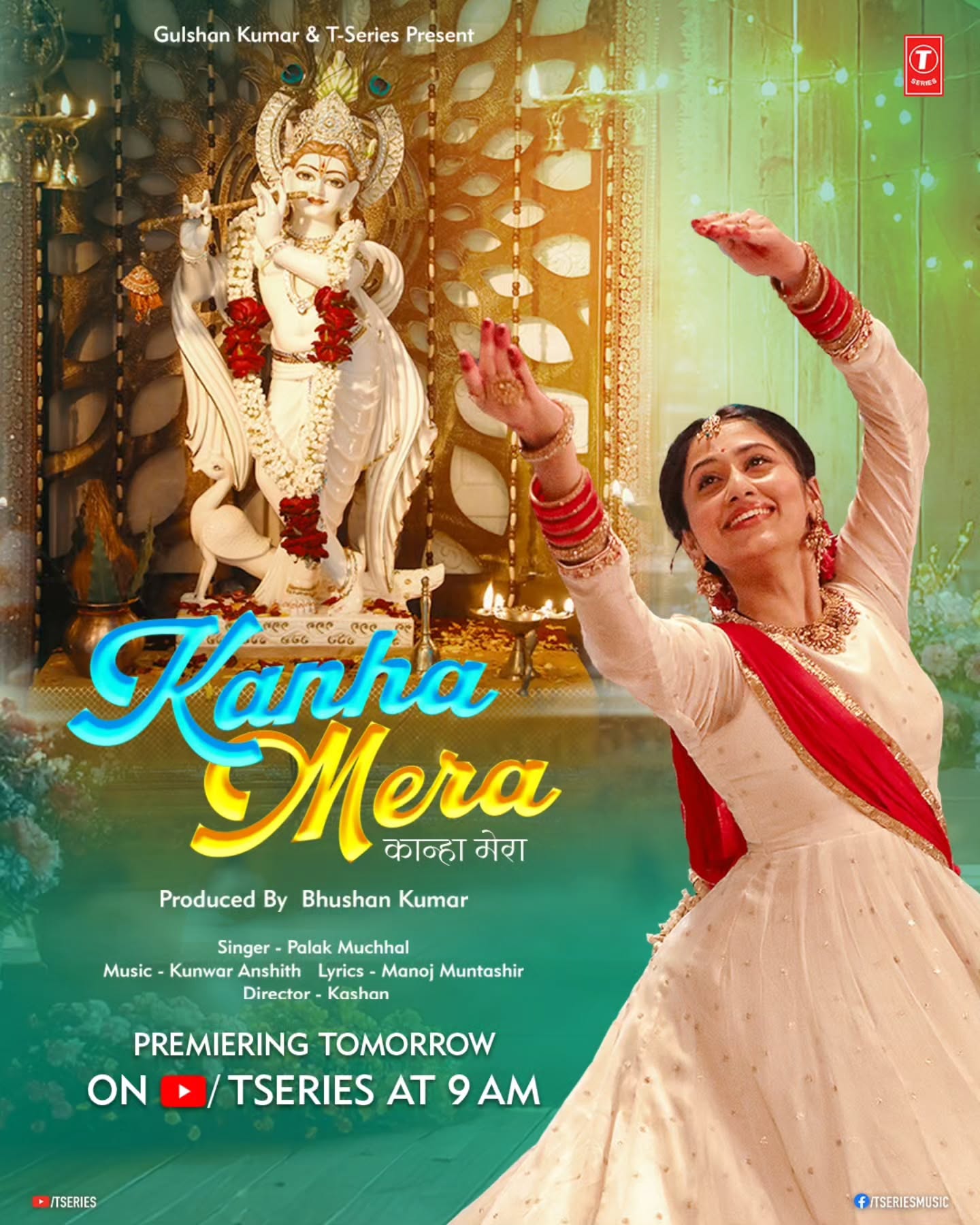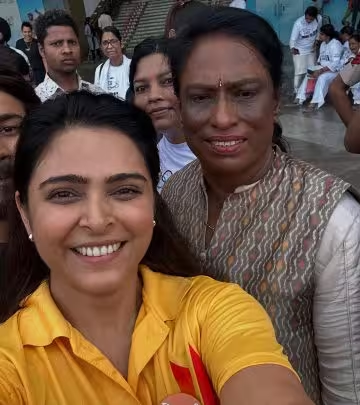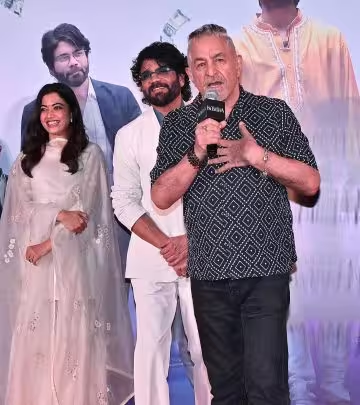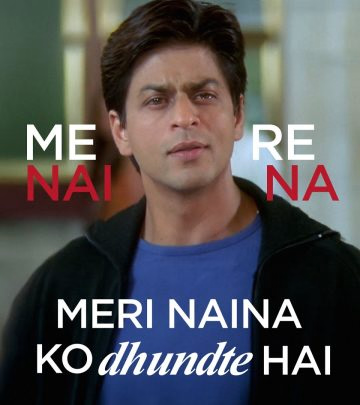Nimrat Kaur Speaks Out On Gender Bias In Bollywood
Nimrat Kaur’s candid chat reveals deep sexism in Bollywood, sparking a global debate Now?
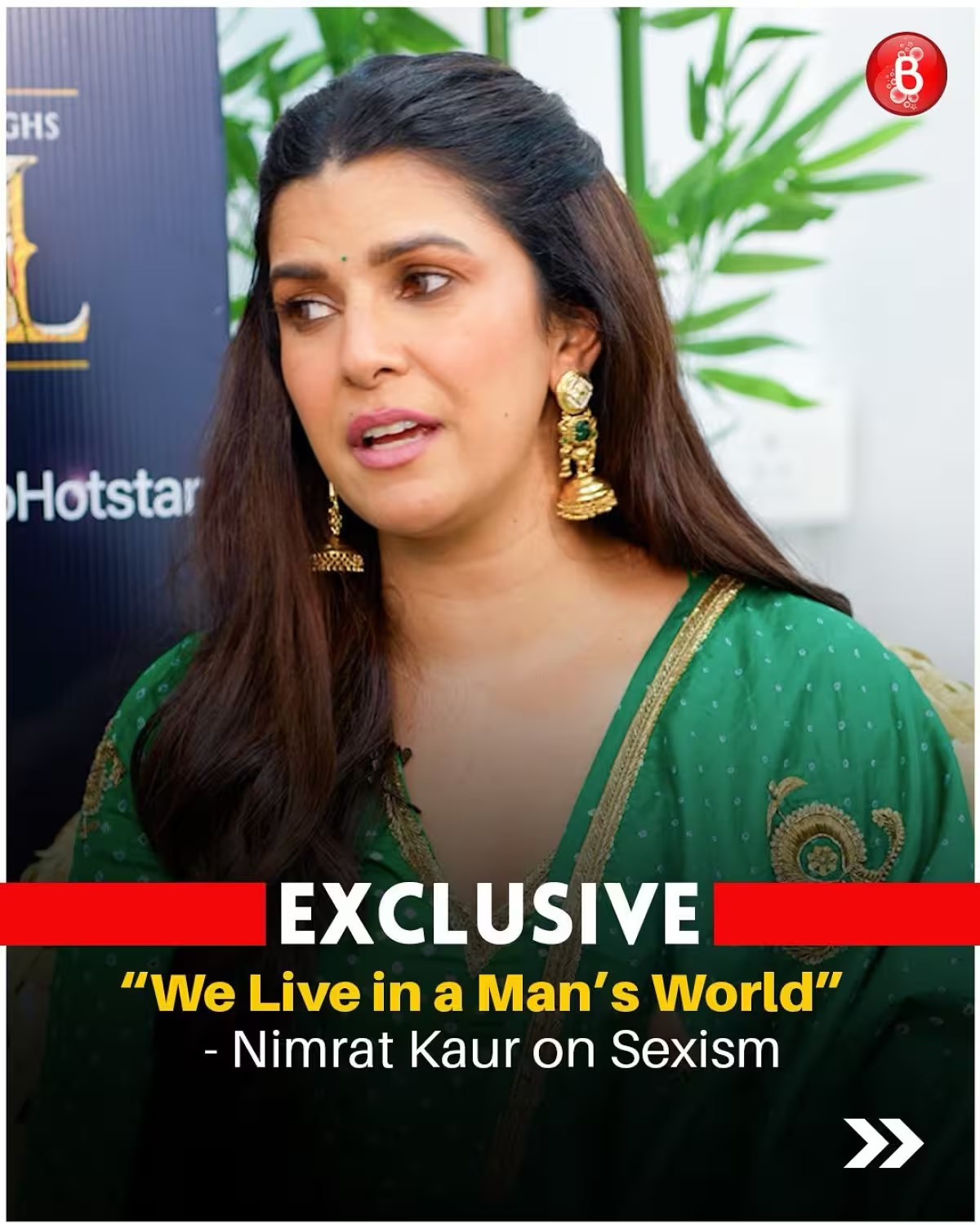
Image: Instagram
In a hard-hitting interview recently aired on the Bollywood Bubble YouTube channel, actress Nimrat Kaur delivered a frank message about the pervasive sexism not only in Bollywood but across the entertainment industry. Standing firm in her beliefs, Nimrat recalled, “We live in a Man’s world,” a statement that resonated deeply with audiences and sparked widespread discussion among fans and industry insiders alike.
The Interview And Revelations
During the exclusive session, Nimrat Kaur was unreserved in detailing how gender bias manifests across various layers of film production and beyond. The actress explained that the challenges are not confined to a single aspect of Bollywood but span the entire industry. With a measured tone, she noted that the discrimination she has faced—be it in casting decisions, promotion opportunities, or personal interactions—illustrates a broader systemic imbalance. Her words served as both a personal catharsis and an appeal for collective introspection among industry professionals.
A well-composed Instagram image shared by Bollywood Bubble captured Nimrat in a pensive moment during the interview. The visual underscored the seriousness of her message, aligning with the powerful delivery of her message. Viewers were encouraged to watch the full interview for additional context and detailed insights on how deeply ingrained gender biases are influencing professional trajectories in the realm of Bollywood.
Industry-wide Gender Bias
Nimrat’s revelations are not isolated remarks. Throughout her career, she has observed a troubling trend where female talent is frequently overlooked despite their contributions. By stating, “We live in a Man’s world,” she encapsulated decades of disparity that many have long discussed but seldom articulated with such clarity. The actress emphasized that such behavior extends beyond the commercial aspects of filmmaking and enters into daily professional encounters and personal life experiences.
Her interview further highlighted the unfortunate reality that the issues run deep. This conversation comes at a time when several veteran actors and industry veterans have also begun to speak out on similar matters. For instance, earlier exclusive features and social media narratives have pointed out how longstanding biases in Bollywood affect working conditions, remuneration, and representation. In this context, Nimrat’s perspective resonates as a call for an overhaul in cultural dynamics that favor male dominance in decision-making roles.
Context And Personal Reflections
Beyond the professional sphere, Nimrat Kaur also touched upon personal aspects that have shaped her understanding of the industry’s challenges. In a related social media post, she reminisced about her father, Major Bhupender Singh, whose memory continues to influence her views on fairness and personal dignity. While she expressed a sense of loss over his passing, she also credited his influence with giving her the courage to confront systemic inequalities head on.
The conversation was not entirely bleak. Nimrat hinted that acknowledging these challenges is the first step towards fostering change. Her narrative is one of resilience—a willingness to use her platform to ensure that future generations of actresses might find a more balanced and respectful environment in the film industry. Observers and fans have praised her forthrightness, noting that such honesty is rare in an industry often shrouded in guarded professionalism.
A Call For Change
Throughout the discussion, Nimrat underscored the need for structural reforms. The industry, she argued, must be inclusive in its approach to talent management and decision-making processes. Her candid interview adds to a growing chorus of voices demanding that Bollywood re-examine its internal norms and practices. Rather than merely accepting the status quo, she challenged both her peers and industry gatekeepers to actively seek and implement change.
Her remarks serve as a reminder that progress in artistic fields is deeply intertwined with broader social change. By calling attention to the discrimination faced by not just herself but too many of her contemporaries, Nimrat Kaur’s message strikes at the core of a conversation that is both urgent and overdue.
Nimrat’s interview is poised to spark further debate among audiences and critics alike. Industry stakeholders and fans are encouraged to watch the complete session on the Bollywood Bubble YouTube channel, where the nuances of her argument are explored in depth. The discussion has already initiated conversations on social media platforms, where many are sharing their own experiences and calling for more equitable practices within Bollywood.
Her straightforward approach, combined with the stark reality of her experiences, offers a perspective that is both sobering and inspiring. It is a message that, if taken to heart, could pave the way for formative changes in an industry that has long been criticized for its uneven power dynamics.
By shedding light on these often-unspoken truths, Nimrat Kaur not only reinforces her own legacy as a thoughtful and courageous artist but also lays the groundwork for a more just and inclusive future in Bollywood. Her reflections challenge the industry to rise above entrenched practices and to pave new paths that celebrate talent in all its forms.
Ultimately, the full interview acts as a powerful document, capturing a moment when a respected figure courageously spoke her mind. Fans, critics, and fellow artists alike now have a roadmap for what meaningful change could look like—a shift away from biases and towards a more equitable landscape for everyone involved.
The conversation continues, with Bollywood and its audience at a crossroads. With voices like Nimrat Kaur’s leading the charge, the hope is that the industry may finally begin to address the inequalities that have long been ignored, heralding a new era of fairness and mutual respect.
Read full bio of Jehangir Irroni


